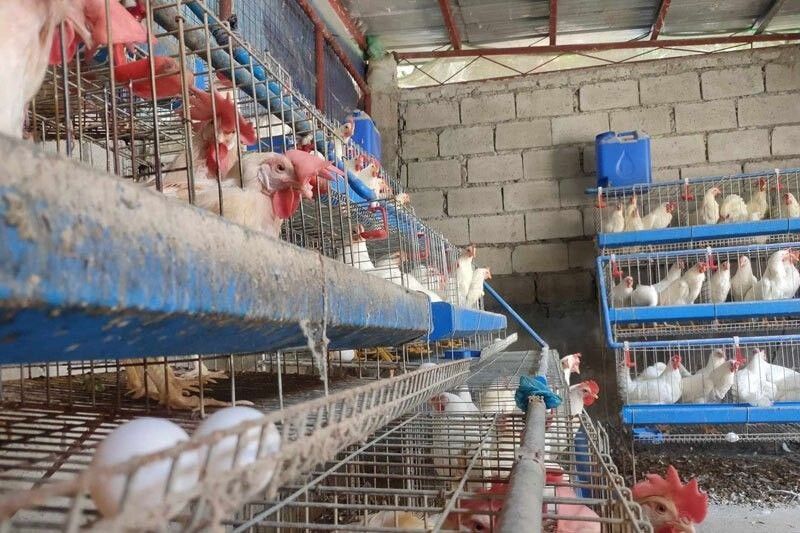Retail price of chicken soars to P210/kilo

MANILA, Philippines — The retail price of chicken went up to P210 per kilo amid the drop in local production as poultry raisers suffered losses amid the flooding of imported frozen products, according to the poultry raisers’ group United Broiler Raisers Association (UBRA).
In an interview with The STAR, UBRA and Philippine Egg Board chairman Gregorio San Diego said the farmgate price of chicken started to go up on Nov. 16 as many poultry raisers decided to halt their operations after suffering huge losses due to slump in live weight cost.
In an earlier interview, San Diego reported that the farmgate price of chicken has reached as low as P68 per kilo.
“Many (poultry raisers) were forced to suspend raising chicks as no less than the Department of Agriculture (DA) said that there is a surplus (in the supply) 115 days after the imported chicken as of October (2023) reached 32 million kilos,” San Diego said.
According to San Diego, based on data from the National Meat Inspection Service (NMIS), there was a 10 percent increase in the total frozen chicken importation from January to October 2023, with 359,340,308 kilos compared to 327,680,597 kilos in the same period of 2022.
“Traditionally, poultry raisers prepare for the holiday season and buy chicks. Normally, during this time, chicks are no longer available but until now, you can still buy,” San Diego said.
San Diego added that the retail price of P210 per kilo of chicken in the markets is still high.
“The highest farmgate price is P114 (per kilo). If you deliver that in the market and you incur additional cost, it will be around P165 (per kilo), so the P210 (per kilo) is still high,” he said.
He said that consumers still prefer fresh chicken over imported frozen products which have been kept in cold storage facilities for a long time.
At the same time, San Diego said the arrival of frozen imported chicken continues.
“We are preparing a draft (letter) and we hope the Senate will finally investigate this (over importation) even after December,” San Diego said, referring to the Senate committee on agriculture and food chaired by Sen. Cynthia Villar.
San Diego said importers take advantage of the expected increase in the demand for chicken this Christmas, as frozen products will continue to flood the markets.
He criticized the DA for its failure to limit the issuance of import permits and Agriculture Secretary Francisco Tiu Laurel Jr. should finally address the issue of over importation of chicken.
Import ban
Laurel has issued Memorandum Order 69 banning the importation of domestic and wild birds and their products including poultry meat, day-old chicks, eggs, semen products from Minnesota and South Dakota in the US amid the outbreak of avian influenza virus in the two states.
He cited the official report submitted by the department administrator and chief veterinary officer of the US Department of Agriculture to the World Organization for Animal Health and USDA Animal and Plant Health Inspect Service that there were several outbreaks of H5N1 high pathogenicity avian influenza in Minnesota and South Dakota affecting domestic birds as confirmed by the National Veterinary Services Laboratories.
“The rapid spread of H5N1 highly pathogenic avian influenza in the United States in a short period of time since its first laboratory detection necessitates a wider coverage of trade restriction to prevent the entry of HPAI virus and protect the health of the local poultry population,” Laurel said.
“All shipments coming from the mentioned areas of the United States of America that are in transit before the official communication of this order to the American authorities shall be allowed, provided that the products were slaughtered 14 days before the first outbreak in the particular locality,” Laurel added.
The US Centers for Disease Control and Prevention said bird flu spreads among wild aquatic birds worldwide and can infect domestic poultry and other bird and animal species.
- Latest
- Trending





























